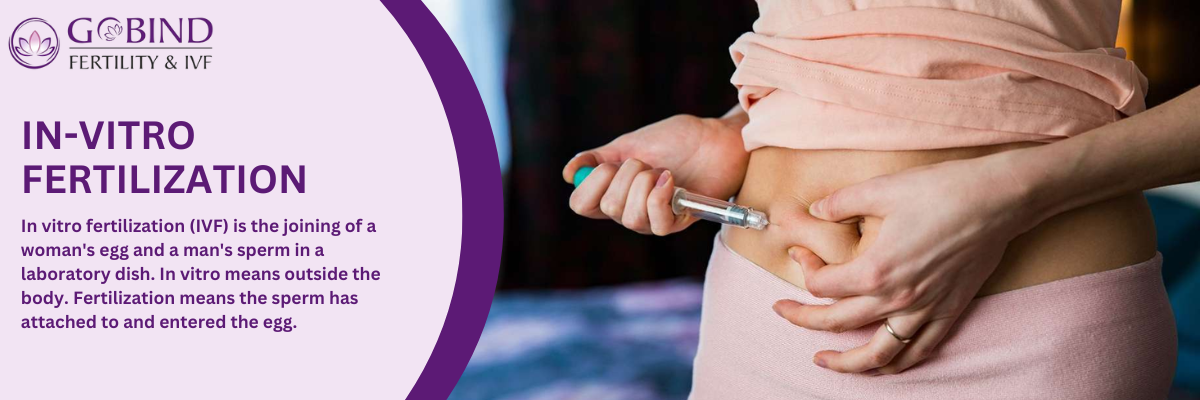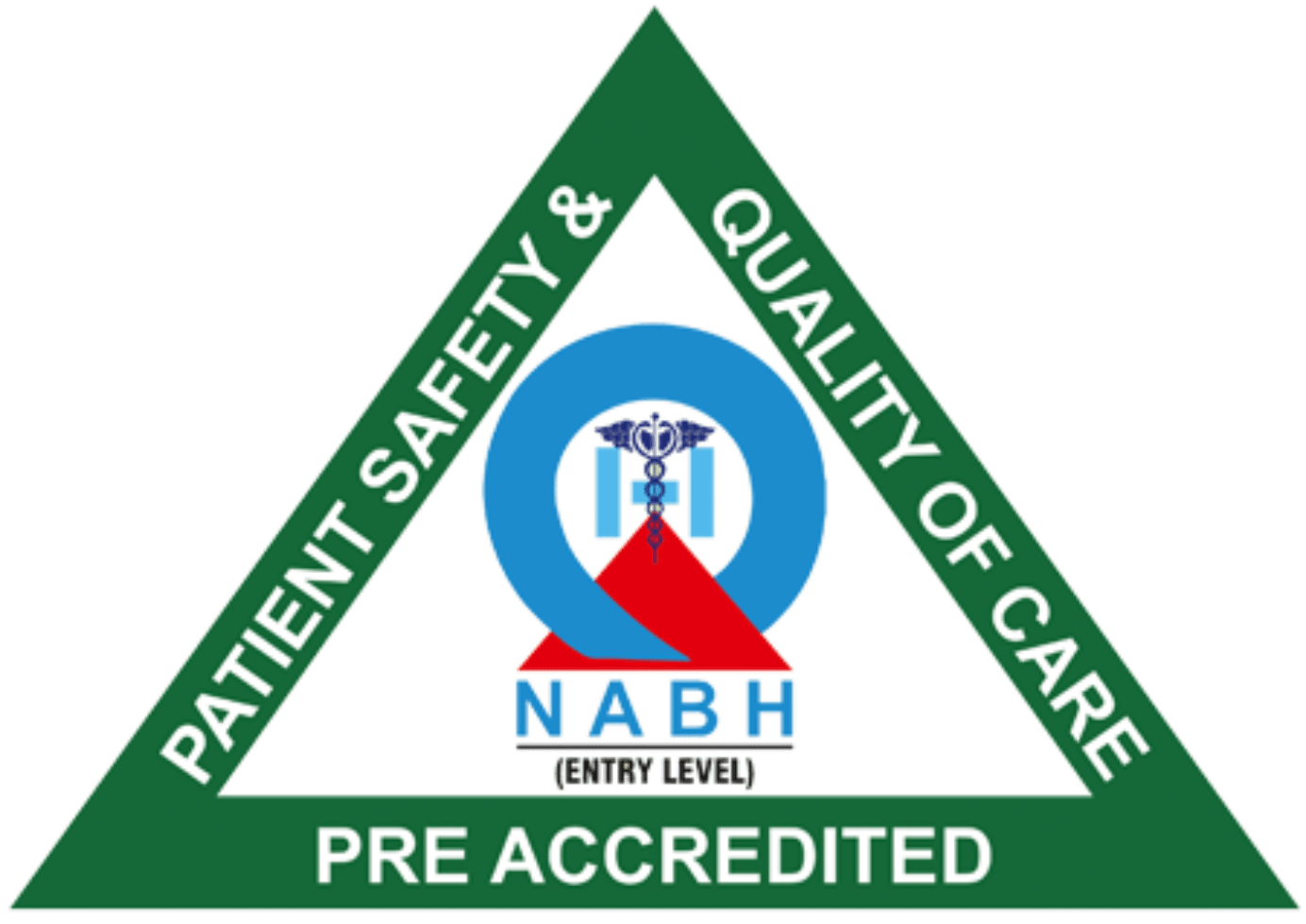

In Vitro Fertilization
In vitro fertilization (IVF) is the joining of a woman's egg and a man's sperm in a laboratory dish. In vitro means outside the body. Fertilization means the sperm has attached to and entered the egg.
IVF is an advanced technique where an egg is fertilised by a sperm outside of the body in a Lab setting using in vitro fertilisation (IVF), an assisted reproductive technique. It is commonly utilised in cases of certain reproductive problems or when other treatments have failed.
IVF is frequently a multi-cycle procedure that can be emotionally taxing and time-consuming. Success rates differ according to the age of the mother, the reason for the infertility, and the experience of the clinic. Ovarian hyperstimulation syndrome, multiple pregnancies, and probable problems from the egg harvesting and embryo transfer processes are among the hazards connected with in vitro fertilisation (IVF).
For infertile couples, GOBIND Fertility and IVF CENTRE offers comprehensive in vitro fertil) treatment. IVF is an assisted reproductive therapy that entails using a specialised laboratory setting to fertilise eggs with sperms.
A team of highly skilled reproductive specialists , embryologists, nurses, and support personnel work on our IVF program. We make use of the most recent protocols and technologies to increase your chances of success.
The IVF process typically involves the following steps:
1) Ovarian stimulation - Fertility medications are used to stimulate the ovaries to produce multiple eggs for retrieval.
2) Egg retrieval - A minor surgical procedure is performed to extract the eggs from the ovaries.
3) Fertilisation - The retrieved eggs are combined with sperm in our state-of-the-art IVF lab, allowing fertilisation to occur.
4) Embryo culture - The fertilised eggs (embryos) are monitored and allowed to grow in specialised incubators.
5) Embryo transfer - One or more embryos are carefully transferred into the uterus by our specialist.
Depending on the needs of each patient, additional procedures including cryopreservation (freezing eggs and embryos), assisted hatching, preimplantation genetic testing (PGT), and intracytoplasmic sperm injection (ICSI) may be suggested.
The highest standards of quality control and industry best practices are followed by our IVF laboratory. At every stage, we're dedicated to offering a kind, encouraging environment.
With TENDER LOVING CARE we can definitely generate a positive environment for our patients.
In our centre we are more towards ICSI and this results in a better success rate than conventional IVF.
IVF FAQ:
Q: What is the difference between Conventional IVF and ICSI
A: IN conventional IVF, washed sperms are placed in eggs dish and natural fertilisation takes place whereas in ICSI the egg is held with forceps and single sperm is injected in every egg ,
IN ICSI better fertilisation happens.
Q: Am I a good candidate for IVF?
A: IVF may be recommended for various infertility causes like low ovarian reserve, blocked fallopian tubes, endometriosis, male factor infertility, and unexplained infertility after other treatments fail.
Q: What is the success rate for IVF?
A: Success rates can vary based on factors like age, cause of infertility, and other health conditions. Our staff can provide you with current IVF success rate data.
Q: How long does an IVF cycle take?
A: A basic IVF cycle averages 4-6 weeks in duration from start to completion, though timelines can differ.
Q: Is IVF affordable? Does insurance cover it?
A: IVF can be expensive, but costs vary. Our financial counsellors can review your insurance coverage and out-of-pocket estimates. We also offer financing options.
Q: Are there any risks or side effects with IVF?
A: As with any medical procedure, IVF carries some risks like ovarian hyperstimulation, infection, or multiple pregnancy. Our team will discuss potential complications.
Q: What support is available during IVF treatment?
A: Aside from our compassionate medical team, we offer counselling services, nutrition guidance, and support groups to help patients cope with stress of IVF.

















